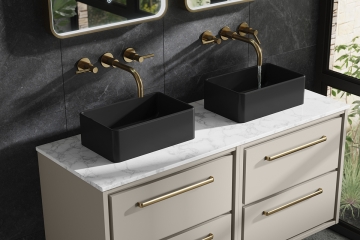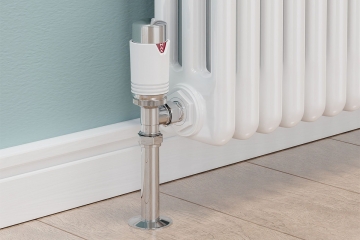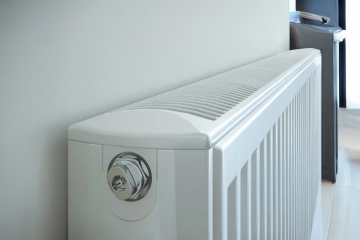How Does an Electric Shower Work?
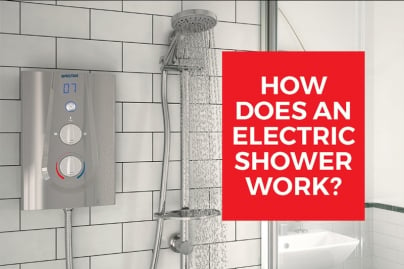
How Does an Electric Shower Work?
Electric showers are currently one of the most popular types of shower due to their ease of installation and the fact that they are suitable for the the majority of bathrooms. They require a cold water supply and electrical connection; they completely bypass the hot water requirement of other showers. Electric showers contain a heated element and function by bringing water to temperature as it passes through the shower unit, almost instantly heating it by the time it reaches the shower head. Due to their not needing an external supply of hot water, electric showers are a popular choice in flats, mobile homes and any other smaller accommodation. They are a fine option when adding an extra shower to an existing home, as they require the least amount of modification to your plumbing system and won't place any extra strain on the current hot water supply.
The water supply into the unit must flow within certain parameters: no less than 1 bar of pressure, at least an 8 litre flow per minute and no more than 10 bars of static pressure. Many modern electric showers will come configured for these specifications but it's worth double checking this when you install them. As an electrical appliance in a bathroom, there are also a number of regulations pertaining to the power supply and its wiring, so it's worth consulting a professional to ensure an electric shower is safely installed.
Safety and Installation
There are a number of safety checks and precautions you must adhere to in order to safely install an electric shower into your home:
- Ensure that your fuse board is able to provide adequate current and that it is rated over 60 amps.
- Check that you have installed a residual current device (RCD), either as a part of your current fuse board or as a separate unit that can interrupt the shower's electrical circuit. The fuse board connection should be via a miniature circuit breaker (MCB). All of these items should be safety rated as an unsafe electric shower can be especially dangerous.
- It's worth using 10mm cable when installing your unit. Though it's possible to use smaller cables with lower wattage showers, 10mm will allow you to install any unit currently on the market without having to upgrade your wiring. For reference, 6mm cables are suitable for 7kw showers within 18 metres of the fuse board, with switches and fuses at 32 amps. 6mm is also sufficient for 8.5kw showers up to 18 metres but these require switches and fuses rated 40 amps. 9.5kw showers require 10mm cable up to 35 metres from the fuse board and need switches and fuses rated 45 amps. 12.5kw showers are also suitable for 10mm cable up to 35 metres but need 50 amps switches and fuses.
- All electric shower circuits should be controlled by an external double pole pull cord switch with a visual on/off indicator.
A video from Triton Showers about Electric Showers
Related Posts
Countertop and inset basins look completely different, function quite differently in daily use, and suit different bathroom styles and practical needs. So here's how to work out which one's actually right for your space.
Understanding how TRVs actually function can save you a fair chunk of money on heating bills whilst making your home more comfortable. They're cleverer than they look, and once you know what you're doing with them, they pretty much run themselves.
Your heating's on, but some rooms are tropical while others feel like winter? The culprit is most likely unbalanced radiators. Let's take a closer look.


